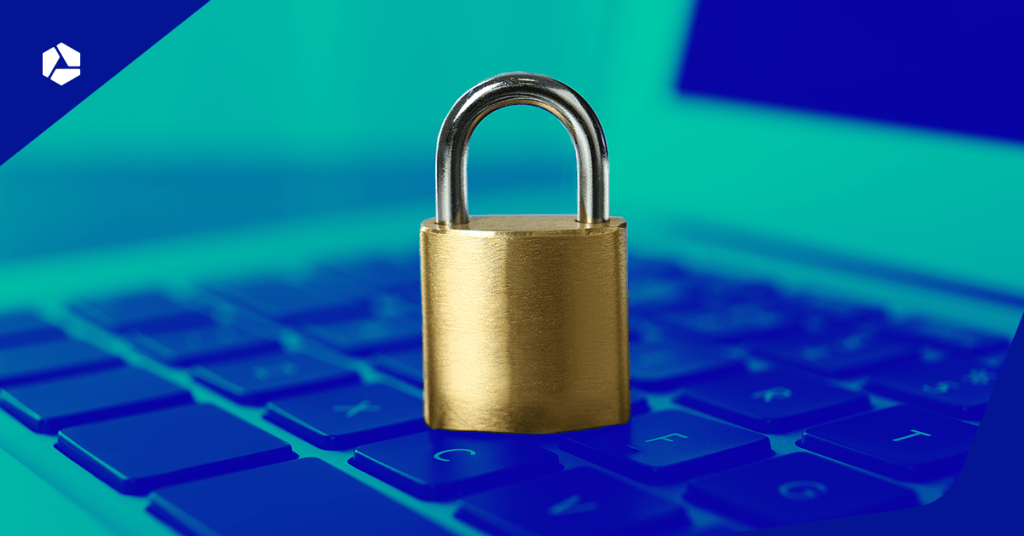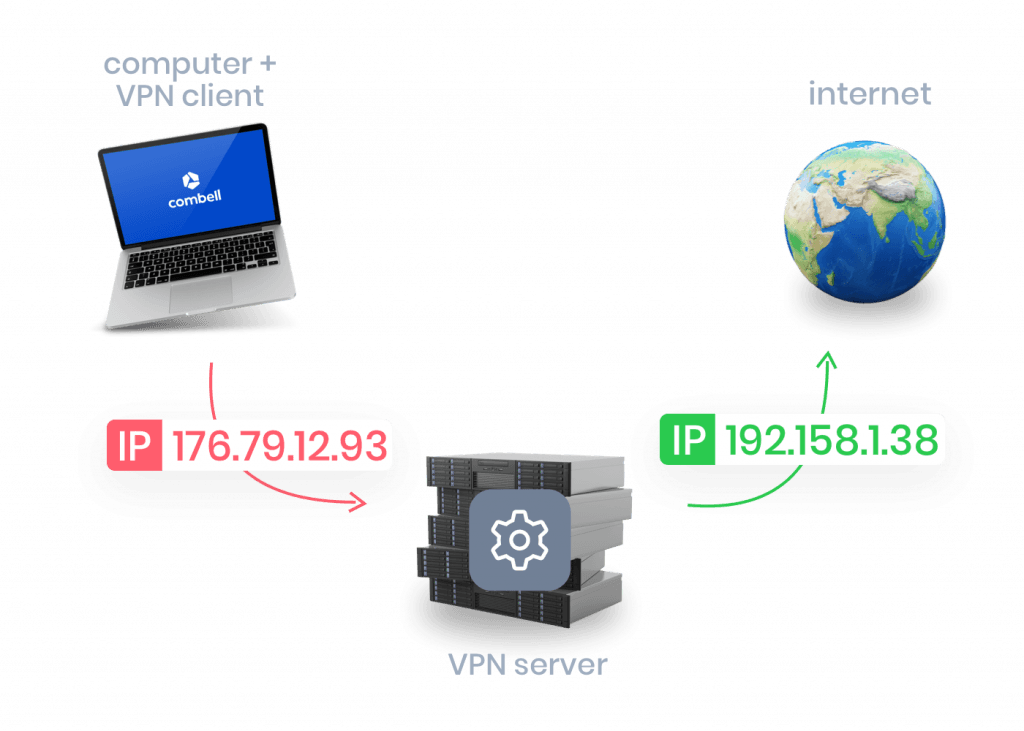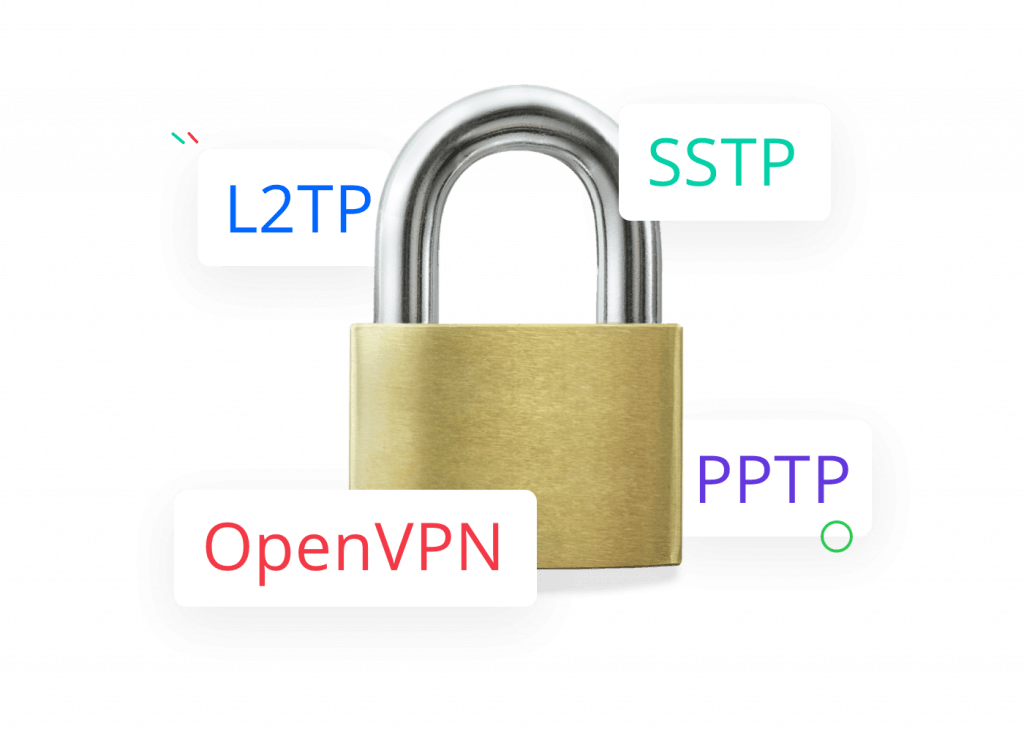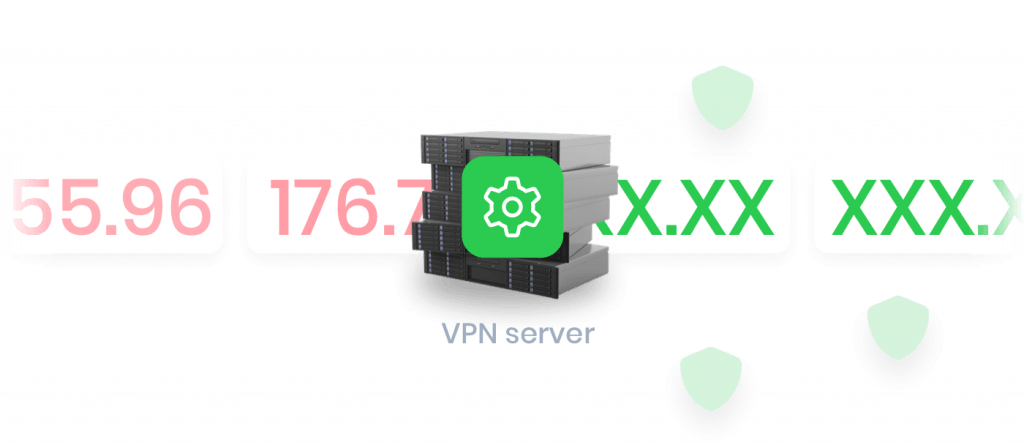What is a Secure VPN Connection?

If you run your own business today, chances are you spend a significant amount of time online. While online services make business operations more convenient, it's more important than ever to be aware of privacy and security risks. Want to better protect your internet connections at home and at work? Consider using a Virtual Private Network (VPN).
Explained for you: What is VPN?
You might have come across the term VPN before. VPN stands for Virtual Private Network. But what exactly is a VPN connection, you wonder? A VPN creates an encrypted and highly secure internet connection.
Think of VPN as a private tunnel through which your data travels before reaching its destination. This way, cybercriminals can’t easily intercept your information, and third parties can’t eavesdrop on your online activities.
A Virtual Private Network ensures greater privacy and security while you're on the internet – something that’s increasingly important these days.

How does a VPN work?
What exactly does a VPN do? As mentioned, a VPN encrypts your internet connection. Besides adding an extra layer of security, a VPN server also hides your real IP address. In other words, it makes it appear as though you're in a different location.
For example, if you want to try out a streaming service that offers Spanish or American content, like U.S. Netflix, but you can't access it due to your location, a VPN allows you to bypass geographical restrictions and log in.
As a user, you won't notice much of the VPN encryption. The VPN protocol runs quietly in the background of your laptop or tablet. You’ll use your device as usual, but you'll be connected via a VPN in the background.
What does a VPN do?

The VPN protocol is crucial because it determines how a VPN server and a VPN client communicate and secure data.
What is a VPN protocol?
A VPN protocol is a set of rules that dictate how the VPN tunnel is formed and how data is transmitted. It specifies the methods of encryption, authentication, and data encapsulation used to ensure secure data transmission between servers.
There are several types of VPN protocols. Here are the main ones:

Benefits of VPN
Safe browsing isn’t the only reason why using a VPN is a great idea! Here are some additional advantages:
Not a cure-all
It’s important to note that there are some drawbacks to using a VPN. Why? Because a VPN can sometimes give you a false sense of security.
Unfortunately, a VPN is not a miracle solution against cyberattacks. You can still fall victim to phishing, spoofing, or a major hack. If you plan to connect a Virtual Private Network to your business network, you should always implement additional security measures.
This is why we emphasize the importance of securing your IT environment with top-tier firewalls, anti-malware software, EDR (Endpoint Detection and Response) solutions, and regular backups.
Another potential downside of using a VPN is reduced speed. Not all VPNs are created equal, and some less stable providers can lead to a slower internet connection. It's also crucial to remember that in certain countries (like China and Russia), using a VPN is illegal!

How safe is VPN?
In general, VPNs provide a high level of security and privacy, which is a solid reason why using a VPN is a smart choice!
However, even with a secure connection, you're still vulnerable to threats like malware, spyware, and infected downloads.
The crucial role of your VPN provider
For optimal security, you need to trust your VPN provider. The provider is responsible for securing your data, meaning you're quite dependent on them.
It's important to thoroughly research different providers, evaluate the strength of their security, and understand what guarantees they offer in case something goes wrong.
What Combell values:
There’s no one-size-fits-all answer to which provider is best, but top VPN providers should offer these key features:
Strong performance and speed
Your VPN shouldn’t slow down your business processes. To ensure strong performance, choose a provider with fast connections and check where their servers are located. The closer and more strategically placed the servers, the better the performance!
User-friendly software
Since you'll be using a VPN through an app or software, it’s crucial that the provider offers simple and user-friendly tools.
Tip
With Combell, you not only get easy-to-use software but also 24/7 free support in your native language!
Simultaneous connections
Ensure the VPN is compatible with your devices and check how many simultaneous connections are allowed.
Top security and privacy
Does the VPN provider use strong protocols (like OpenVPN or WireGuard) and have a strict no-logs policy? Additionally, features like a kill switch and DNS leak protection are essential for added security.

By the book
Choose a provider with good reviews and one based in a country with strong privacy laws. Here’s what customers are saying about Combell.
Complete package
The price of your VPN connection is, of course, a crucial factor. Don’t forget to check what features are included, such as bypassing geographical restrictions and ad-blocking. Compare prices and look out for trial periods or money-back guarantees.
At Combell, we take a more personalized approach. Get in touch with us, and let’s sit down together to discuss what you (and your business) truly need. We don’t want to offer you something that won’t be beneficial for you.